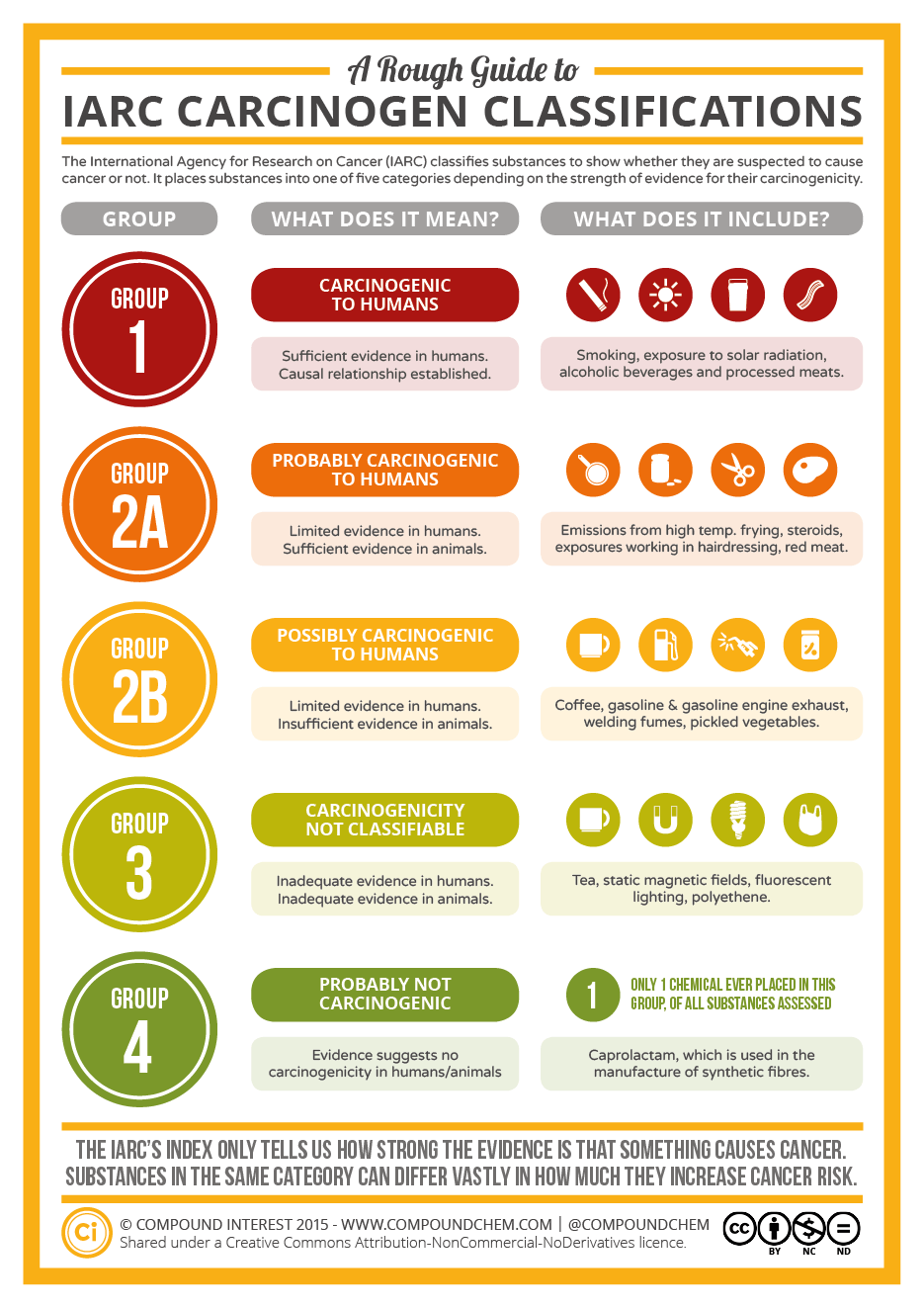
The World Health Organization has published a paper linking processed meats — including everyone’s favorite, bacon — to cancer.
They also found links between red meat and cancer, but those were less definitive.
Here’s what the researchers wrote in their study about both foods:
Cancer and red meat: There is limited evidence in human beings for the carcinogenicity of the consumption of red meat.
Cancer and processed meat: There is sufficient evidence in human beings for the carcinogenicity of the consumption of processed meat.
In other words, while they found some evidence to suggest that there are links between eating red meat and developing cancer, it was limited. On the other hand, they found "sufficient" evidence to make the claim that eating processed meat increases your chances of developing cancer.
How precise was the link between processed meat and cancer?
According to studies cited in the WHO report, for every 50 grams of processed meat someone eats per day — the equivalent of a little more than a single hot dog — your risk of colorectal cancer goes up by 18%.
That sounds intense. But it doesn’t mean that for every hot dog you consume, you’re jacking up your risk of colorectal cancer. Instead, it means that compared with people who were studied who ate small amounts or no processed meat each day, people who ate 50 grams of it each day were more likely to get colorectal cancer.
This isn’t the first time processed meat has been flagged as a cancer risk — the World Cancer Research Fund advises people to limit their consumption of ham, bacon, and salami to "as little as possible" and eat no more than 500g a week of red meat like beef.
And Tim Key, the Fund’s epidemiologist at the University of Oxford, told The Guardian that his organization supports the WHO’s "decision that there’s strong enough evidence to classify processed meat as a cause of cancer, and red meat as a probable cause of cancer."
Colorectal cancer included, the WHO looked at 15 different types of cancer. But colorectal cancer had the strongest ties with processed and red meat consumption.
Is it fair to compare eating bacon with smoking?
If you’ve seen any of the headlines that say bacon is now in the same category as tobacco, alcohol, and arsenic, that’s because the study placed processed meat in a group of known cancer-causing agents called Group 1.
But while all of these things have been linked with cancer, it doesn’t mean that they’re all equally risky. Your risk of developing lung cancer from smoking, for example, is extremely high, as Suzi Grage points out in The Guardian.
Here’s Grage:
Of all cases of lung cancer (44,488 new cases in the UK in 2012), evidence suggests that 86% of these are caused by tobacco. And lung cancer isn’t the only type of cancer caused by smoking. Cancer Research UK estimate[s] that 19% of all cancers are caused by smoking. Another way of looking at this is that if smoking was completely eliminated, there would be 64,500 fewer cases of cancer in the UK per year.
So what does all this mean for me and my love of cured meats?
Although there is an increased risk, the WHO is not saying that your chances of developing every kind of cancer across the board are going to increase by a specified amount every time you indulge in bacon or sausage.
“For an individual, the risk of developing colorectal cancer because of their consumption of processed meat remains small, but this risk increases with the amount of meat consumed,” Kurt Straif, head of the WHO’s International Agency for Research on Cancer, said in a news release.
"This decision doesn’t mean you need to stop eating any red and processed meat," said Straif. "But if you eat lots of it you may want to think about cutting down."
But because there are so many people around the world who consume large amounts of processed meat daily, this relationship between cancer and processed meats is "of public health importance," Straif said.
The WHO found that when it came to processed meats and colorectal cancer, the association was so strong that chance, bias, and confounding variables (things like drinking or sitting that can get in the way of study results) weren’t likely the explanation. They weren’t able to make that same conclusion for red meat, however.
It’s times like these when we could really use that seaweed that’s healthier than kale but tastes like bacon.




